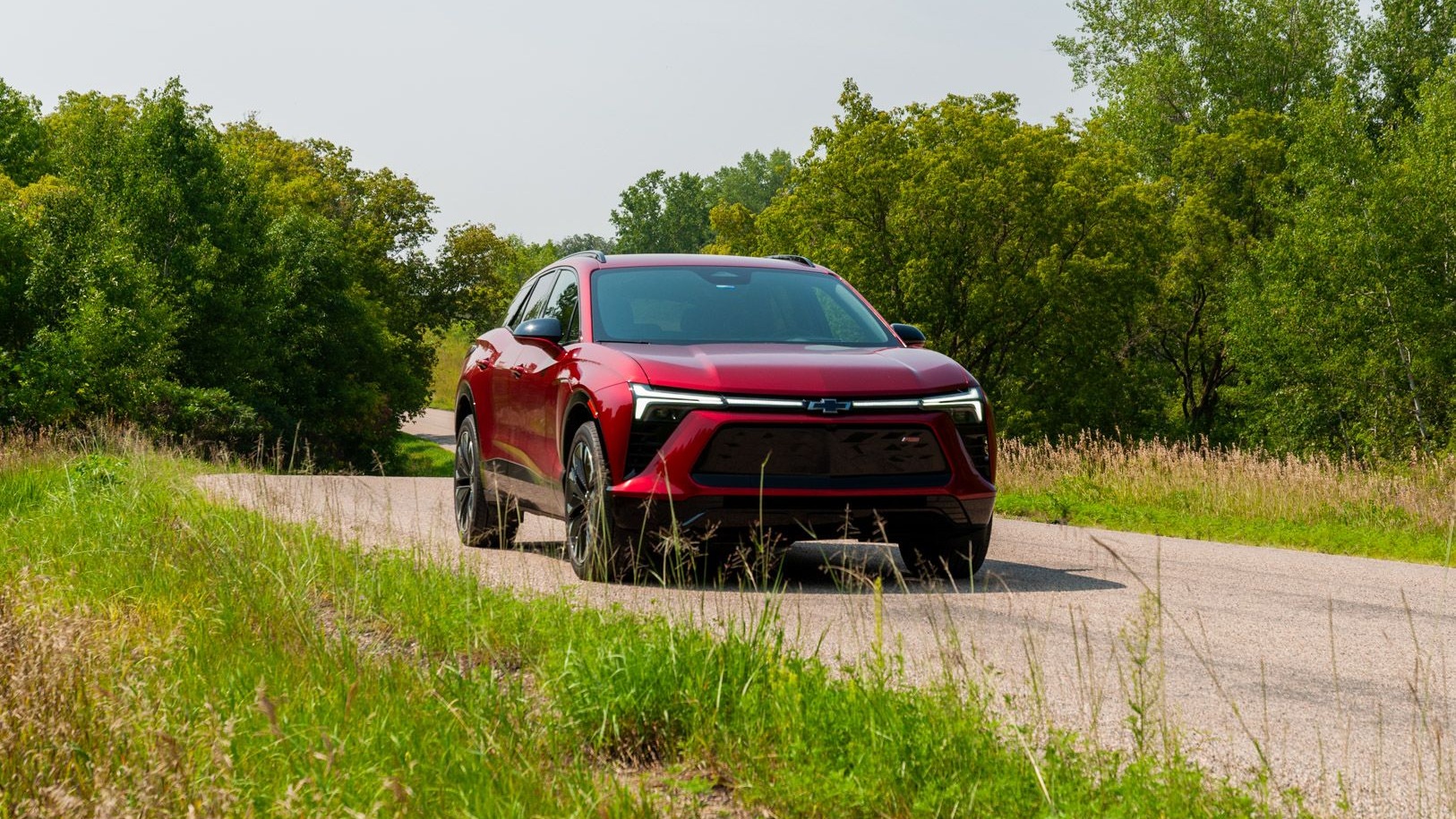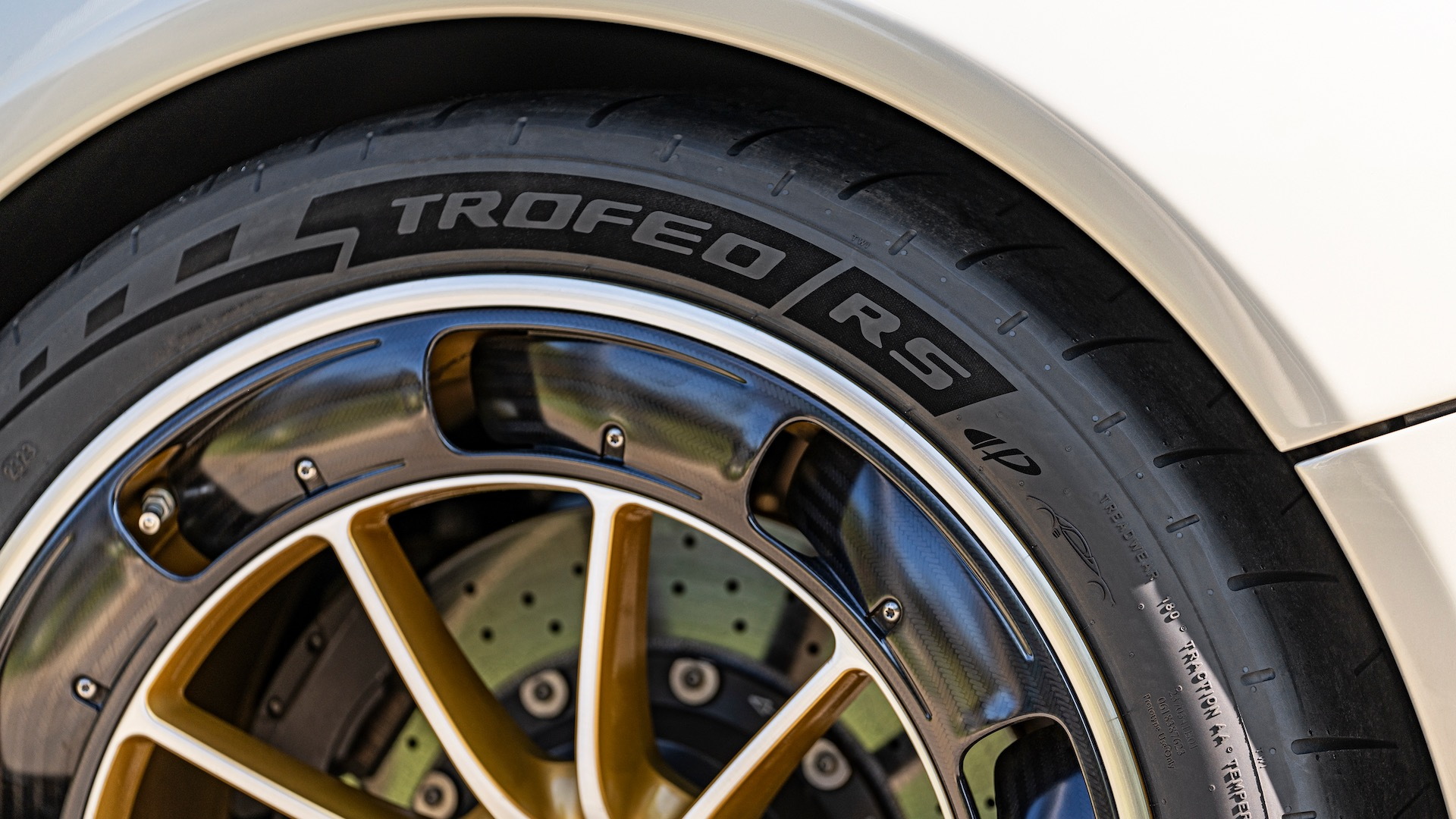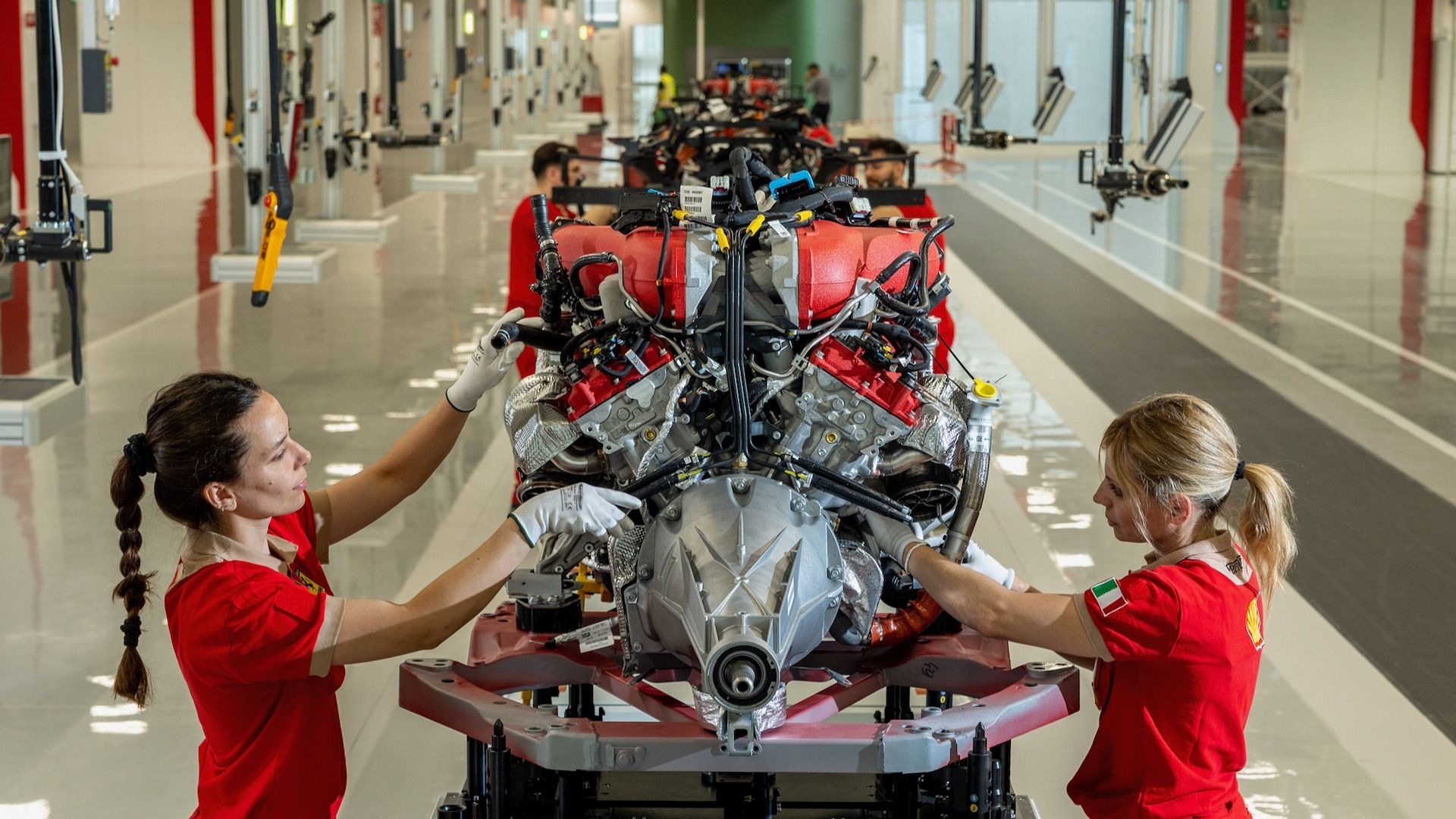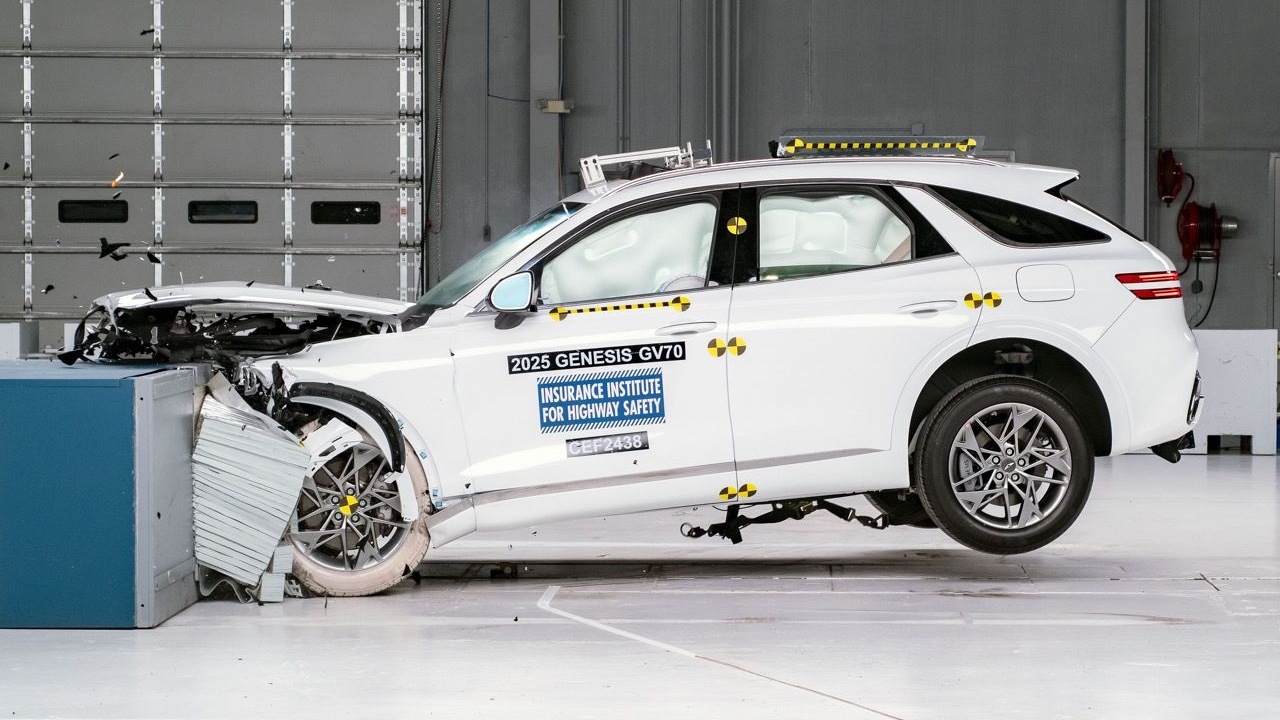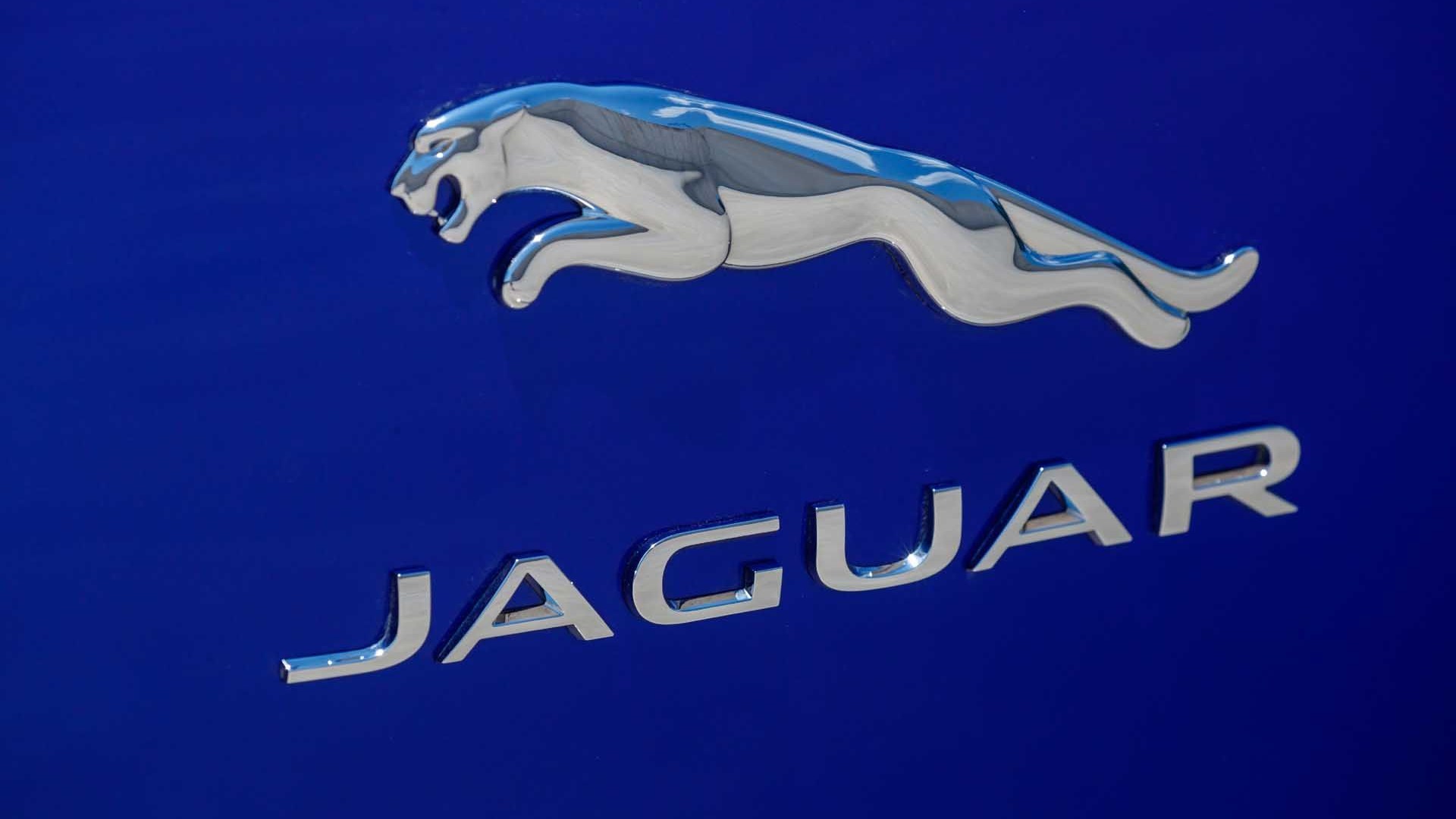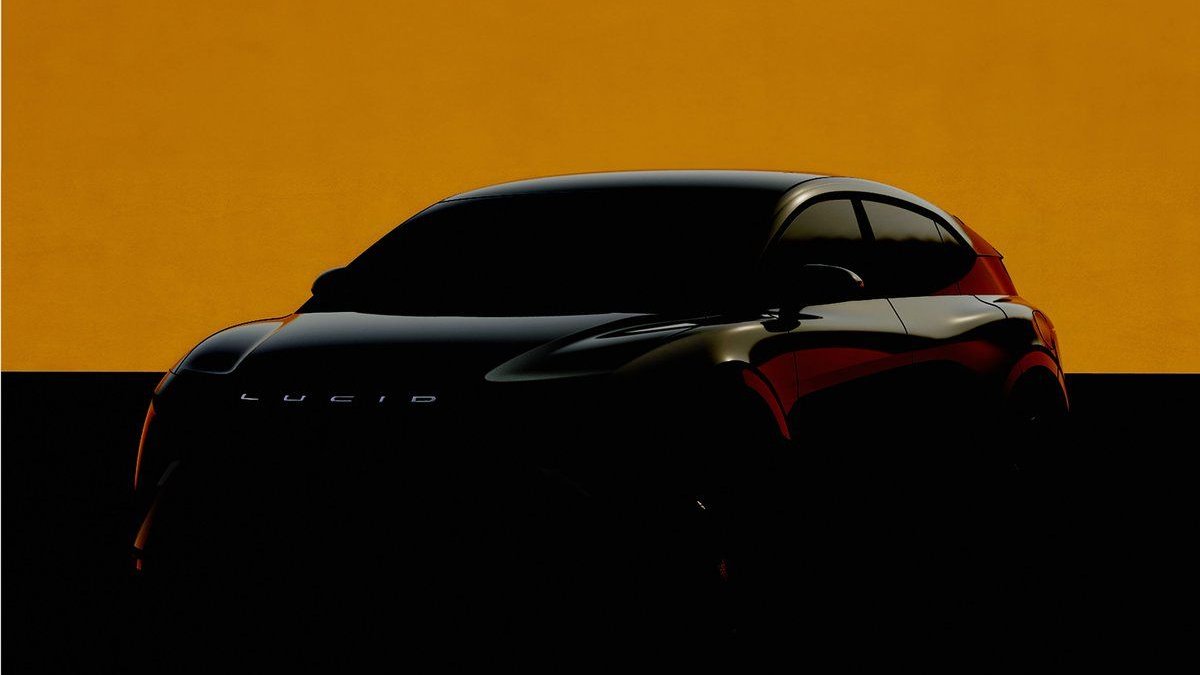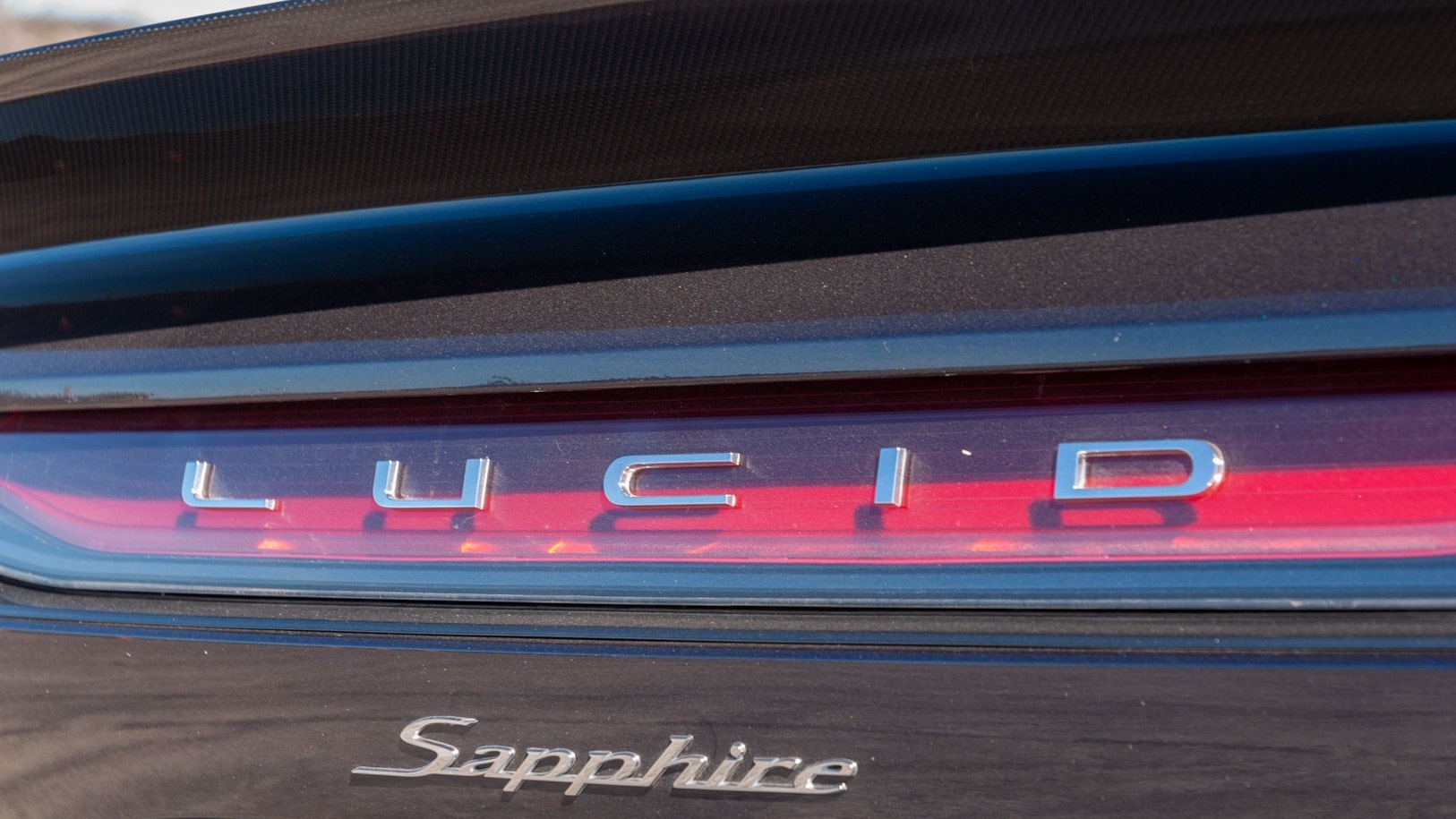Increased EV efficiency isn't just better for the environment. It's also better for owners' wallets, reports the American Council for an Energy-Efficient Economy (ACEEE).
In a new white paper, the group notes that boosting efficiency allows for smaller battery sizes, which in turn cuts costs. Most EVs average 2.5 miles per kwh, according to the paper, but the Tesla Model Y averages 3.5 miles per kwh. That's a 40% increase which, assuming similar range, allows for a 40% reduction in battery size that's worth up to $4,800 in cost savings, the ACEEE reasons.
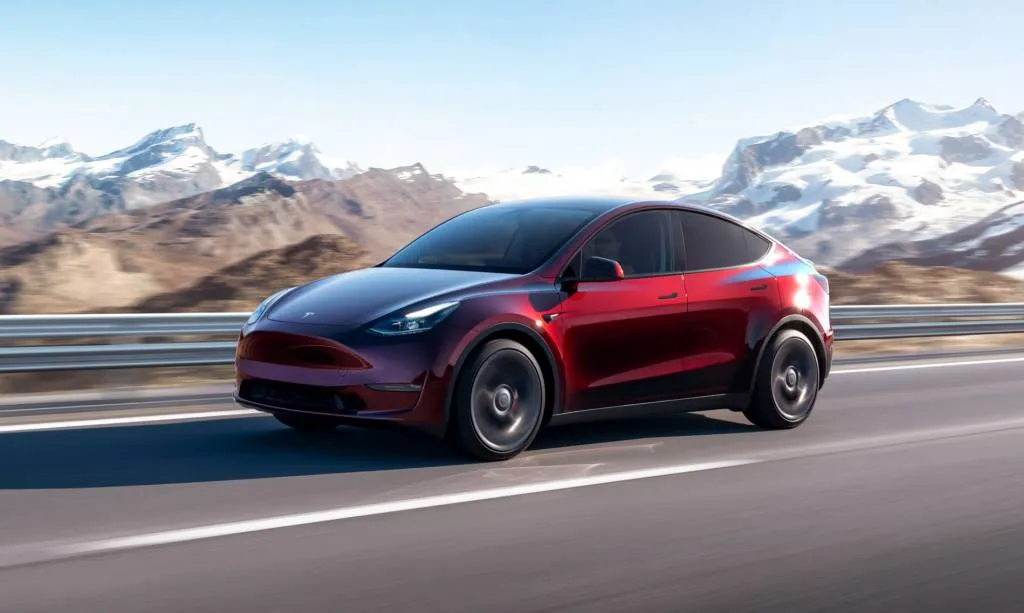
2024 Tesla Model Y. - Courtesy of Tesla, Inc.
Even less efficient EVs can save owners money compared to gasoline cars, though. At 2.5 miles per kwh, the ACEEE estimates annual charging costs at $960, compared to about $2,000 for fueling a car with gasoline. But increasing efficiency to 3.5 miles per kwh drops annual charging costs to an estimated $680 a year—a 29% savings.
Greater efficiency also means EVs gain more miles of range for a given amount of charging time, the ACEEE notes. That means drivers can spend less time charging—potentially helping to quell range anxiety—and there is less demand on the grid. This echoes the findings of a study published earlier this year by the non-profit utility organization EPRI and the National Resources Defense Council (NRDC), which found that efficiency improvements could cut grid demand from EVs by up to 20%.
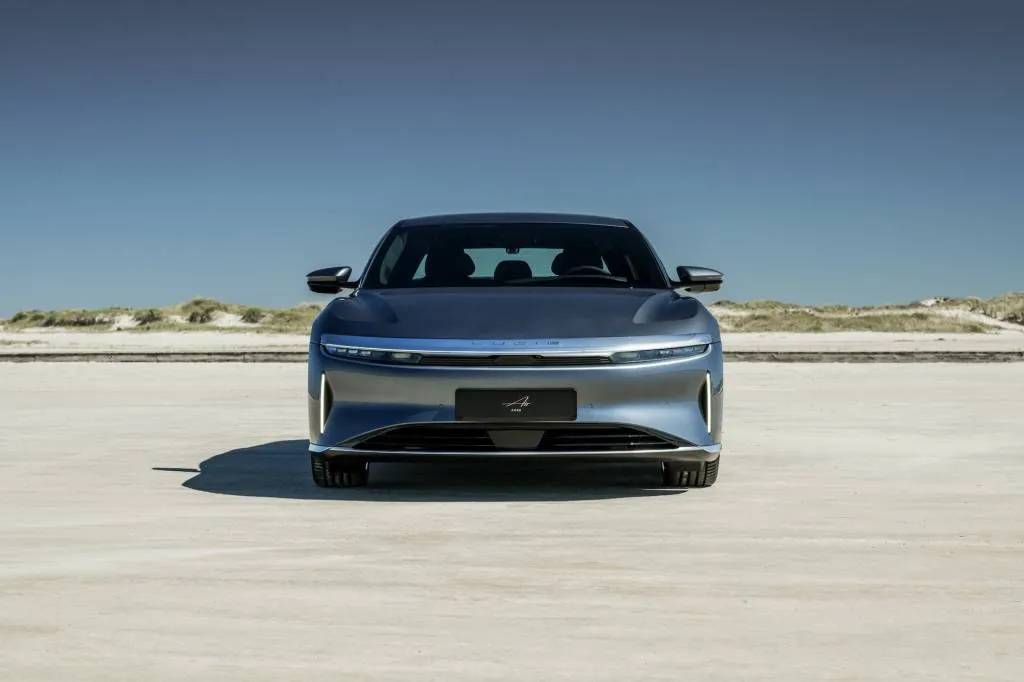
2025 Lucid Air Pure
As the ACEEE notes, different automakers have widely varying attitudes toward efficiency. Lucid has made efficiency a priority, and as a result the Lucid Air Pure luxury sedan achieves 5.0 miles per kwh, which the automaker claims is an industry benchmark. At the other end of the spectrum sits the GMC Hummer EV, which can only manage 1.4 miles per kwh, according to the ACEEE.
The white paper recommends policies to incentivize more efficient EVs, including changing EPA emissions standards to no longer focus solely on "tailpipe" emissions, a framework that currently treats all EVs the same regardless of efficiency. Purchase incentives could also be scaled based on efficiency, and registration fees could be based on vehicle weight, as is currently the case in Oklahoma and the District of Columbia, the paper suggests.
